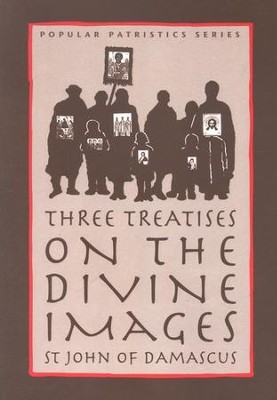
Neil Postman, one of America’s great social critics of the later half of the 20th century, picks up this phenomena in his book, Amusing Ourselves to Death ( public library). This is truly one of the most revolutionary feats of the Ancient Near Eastern world: a God who is not to be represented in anything tangible. Though the Israelites were accustomed to a religious culture in Egypt where tangible things were divine, or at least representations, the God of Israel is not to be represented. Yet this is precisely what the second commandment warns against. Those tangible feats of divine action, indeed, are complemented by tangible representations of the divine in the golden calf. Note that the Israelites do not rid themselves of the content of their faith - here, it’s the golden calf whom they describe brought them up out of Egypt! These acts of divine deliverance are not explained away. While us moderns may see the golden calf as a ridiculous icon of faith, it did provide the opportunity for the Israelites to focus their worship.

Attendant to this journey was a transition of faith and culture, too! Moses took a long time on the mountain, and the Israelites needed an organizing center for their faith. The Israelites were in the middle of a massive transition: from decades of servitude in Egypt, to the search for a new home. Though most interpreters narrate this episode in a negative light for the Israelites, one can almost empathize with their concerns. He took the gold from them, formed it in a mold, and cast an image of a calf and they said, "These are your gods, O Israel, who brought you up out of the land of Egypt!" “When the people saw that Moses delayed to come down from the mountain, the people gathered around Aaron, and said to him, "Come, make gods for us, who shall go before us as for this Moses, the man who brought us up out of the land of Egypt, we do not know what has become of him." Aaron said to them, "Take off the gold rings that are on the ears of your wives, your sons, and your daughters, and bring them to me." So all the people took off the gold rings from their ears, and brought them to Aaron. Of course, the wandering Israelites, those people of fragile faith - as Exodus tells it - do not have patience for Moses’ long, often months-long retreats speaking with God. There, the Ten Commandments are etched in stone. As the Israelites are traveling through the desert following their exodus from Egypt, Moses converses with God on Mt. Most of the readers of this blog are intimately familiar with this prohibition from the Hebrew Bible.



“You shall not make for yourself an idol, whether in the form of anything that is in heaven above, or that is on the earth beneath, or that is in the water under the earth.” - The Second Commandment, Exodus 20:4


 0 kommentar(er)
0 kommentar(er)
